Ocean Infinity’s first two high-tech ammonia-ready Armada ships head for Norway: Marine robotics company Ocean Infinity has taken delivery of the first two robotic vessels that will form part of the high-tech Armada fleet. The two ships have left Vard Vung Tau shipyard in Vietnam and are headed to Norway and Vard Søviknes. Vard won the contract to design and build the eight highly advanced, 78-meter vessels in November 2020. The construction of the first five vessels from the batch is under different stages of development at Vard Vung Tau in Vietnam. All eight vessels ordered in 2020 are scheduled for deliveries from mid-2022 to end-2023. The fuel-efficient, onshore-controlled vessels will initially only utilize a skeleton crew onboard. In due course, they are planning to work with no personnel offshore. The vessels are prepared for green ammonia as a fuel with fuel cell and battery technology and are designed for an ultra-low carbon footprint.
Anemoi to continue testing its rotor sails in Port of Blyth: Wind-assisted propulsion provider Anemoi Marine Technologies has extended the lease for their land-based Rotor Sail test facility at the Port of Blyth, the UK. The port, which is a major offshore energy support base, has hosted Anemoi’s test facility for 10 years. The location obtains similar wind conditions to those experienced at sea, which allows Anemoi to test and research the performance of its rotor sails in a safe and controlled environment. The company described the collaboration as ‘instrumental’ in bringing its rotor sail technology to the market, and that it remains important in the development of its technology.
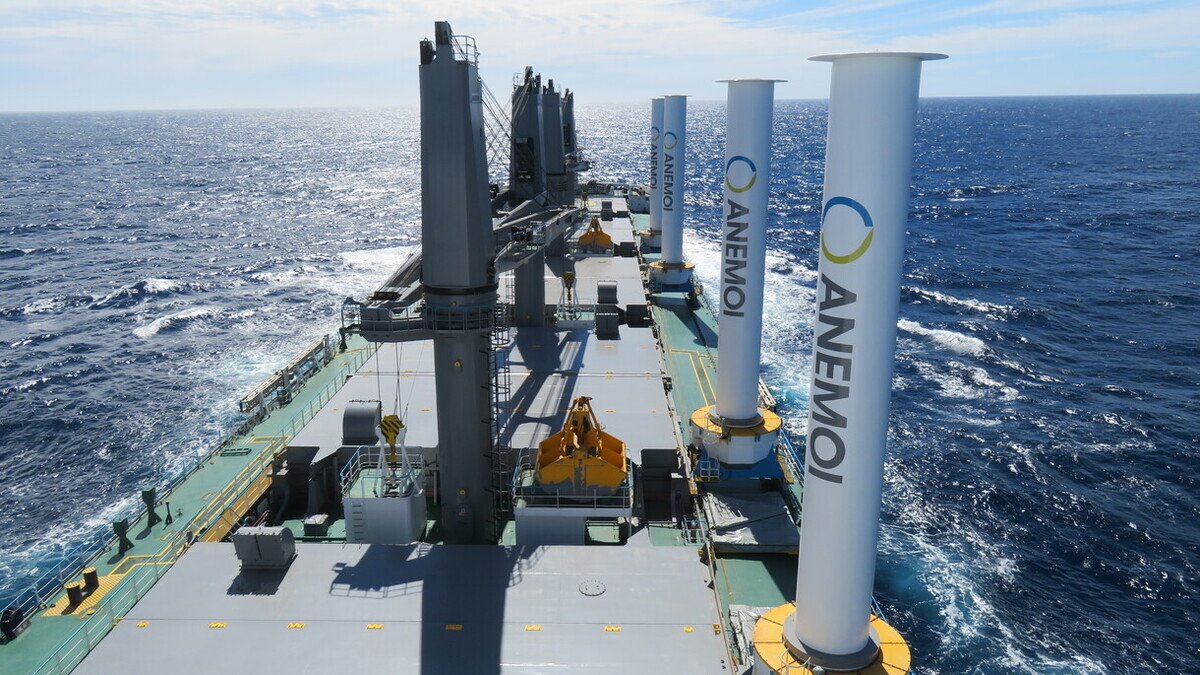
Shell, Alfa Laval to develop GCU for liquefied hydrogen carriers: Under the MOU, Alfa Laval will develop a system to safely combust hydrogen boil-off gas (BOG) from a vessel’s storage tank, as part of a new liquid hydrogen carrier. Alfa Laval will design and engineer the new GCU for hydrogen with the aim of receiving approval in principle (AIP) from an IACS classification society. Once the AIP is achieved, a GCU prototype will be built for testing and type approval. The design of the new GCU system for hydrogen will be based on the existing Alfa Laval’s GCU for liquefied natural gas (LNG). More than 200 of these units have been installed in just over a decade, and an additional 100 units have been ordered during 2022, according to the company. However, the challenges in hydrogen combustion are significantly greater than those involved with LNG. Therefore, the adoption of hydrogen as marine fuel for deep sea-going vessels seems to be lagging behind its counterparts such as methanol and ammonia.
Shipyards
New green project aims to boost zero-emission shipbuilding in Scotland: Marine engineers Ecomar Propulsion, and the National Manufacturing Institute Scotland (NMIS), operated by the University of Strathclyde, have kicked off a research and development (R&D) project to manufacture key parts used in zero-emissions electric boats in the UK. Funded by the Scottish Inward Investment Catalyst Fund, the project seeks to bring production to Scotland to overcome a global supply chain shortage of electric outboard motors currently made in Japan. Ecomar Propulsion works on the research, development, and production of high-performance electric and hybrid hydrogen marine propulsion systems and has set an ambitious goal to reduce maritime greenhouse gas emissions by 10 million tons within 10 years.
ExxonMobil acquires Mitsubishi Heavy Industries’ CO2 capture technology: ExxonMobil has deployed Mitsubishi Heavy Industries’ (MHI) CO2 capture technology as part of its end-to-end carbon capture and storage (CCS) solution for industrial customers. With support from The Kansai Electric Power Co., Inc. (KEPCO), the companies have agreed to work together to advance carbon capture technologies that could reduce the cost of CO2 capture for heavy-emitting industrial customers. According to the companies, the joint effort will build upon KM CDR Process® and Advanced KM CDR Process®, developed by MHI and KEPCO. ExxonMobil Low Carbon Solutions is focusing its carbon capture and storage efforts on point-source emissions, the process of capturing CO2 from industrial activity.
Fuels
Maersk to study the feasibility of green fuel bunkering in Oman: Danish container shipping major Maersk is resuming its partnership-building strategy aimed at securing the supply of green fuels for its new ships. Namely, the company has signed a Memorandum of Cooperation (MoC) with the Alternative Energy (AE) business unit of OQ, a global integrated energy company based in Oman, Asyad Group, and Japan’s Sumitomo. According to Oman News Agency, the agreement was signed on the sidelines of the Oman Green Hydrogen Summit 2022, and it underlies a feasibility study on the supply and bunkering of green fuels in Oman’s ports of Duqm and Salalah, most notably green ammonia and green methanol. The signing of the deal has been confirmed to Offshore Energy by sources familiar with the matter. The feasibility study is expected to be divided into two stages, focusing on the exploitation of existing port infrastructure and the selection of the best type of fuel based on its commerciality.
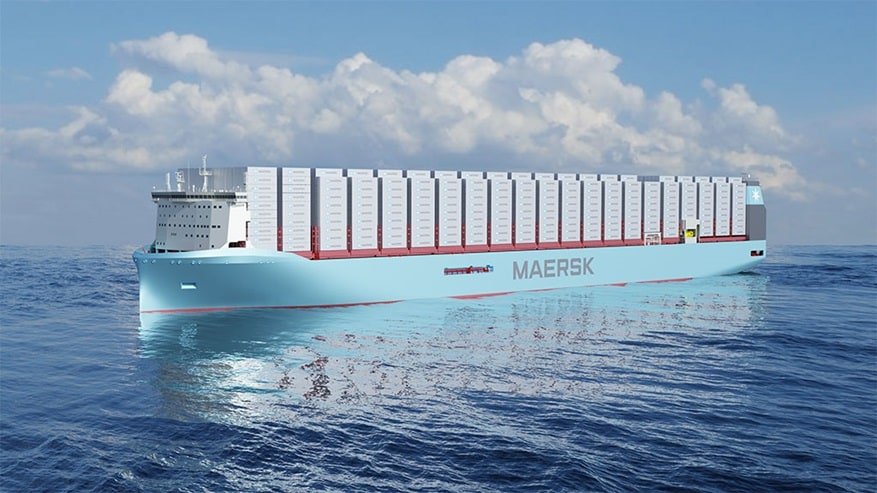
Hyundai Heavy to develop ammonia FSRU: Focusing on ammonia as one of the next-generation eco-friendly energy sources, South Korean shipbuilder Hyundai Heavy Industries Group (HHI) has joined forces with Korea National Oil Corporation (KNOC) to develop an ammonia floating storage and regasification unit (FSRU). Ammonia FSRU is a ship that stores liquefied ammonia transported from the production area, regasifies it, and supplies it to customers on land. Expecting ammonia FSRU construction to occupy the market amid growing demand for this resource, HHI recently signed a joint development agreement with Korea Shipbuilding & Offshore Engineering (KSOE), Korea National Oil Corporation, and Lloyd’s Register. Under the agreement, HHI will develop a regasification system and carry out a basic design of ammonia FSRU. Lloyd’s Register will review and approve the design. In addition, HHI said it received the domestic clean ammonia acquisition and storage infrastructure project promoted by Korea National Oil Corporation.
BP delves into large-scale green hydrogen production in Egypt: The MoU was signed by BP, Egypt’s New and Renewable Energy Authority (NREA), the Egyptian Electricity Transmission Company (EETC), the General Authority for Suez Canal Economic Zone (SCZONE), and the Sovereign Fund of Egypt for Investment and Development (TSFE). Under the MoU, BP is set to carry out several studies to evaluate the technical and commercial feasibility of developing a multi-phase, large-scale green hydrogen (gH2) export hub in Egypt. High-potential locations across Egypt will be considered as part of the study. In November, BP signed MoU with the Government of Mauritania to explore the potential for large-scale production of green hydrogen in the country.
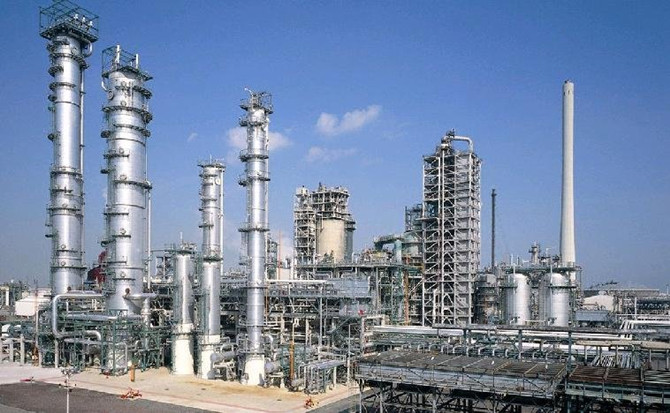
Financing
North Star lands $170m boost for offshore wind fleet: UK offshore support vessel owner and operator North Star has secured a £140m ($170.5m) financing package to support the next phase of its offshore wind fleet growth plan. The investment includes a £50m commitment from the Scottish National Investment Bank, as well as IFM Investors, Edmond de Rothschild’s BRIDGE, and RBC Capital Markets.
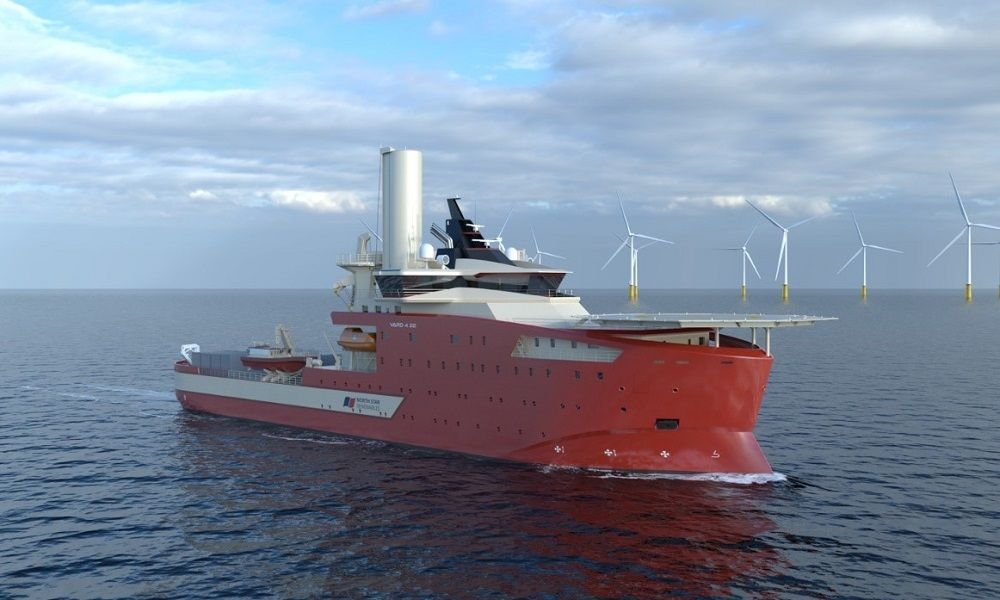
Ports
Hutchison Ports installs solar panels on Barcelona container terminal: Hutchison Ports BEST (Barcelona Europe South Terminal) terminal, located in the Port of Barcelona, Spain has installed 1,832 solar panels on almost 5,000 m² of its buildings. The company has already contracted electricity with a 100% renewable origin guarantee at the beginning of 2022, to maintain its commitment to the sector's decarbonization. This is an auto-supply installation capable of generating 1.18 GWh of electricity, equivalent to the annual electricity consumption of about 200 homes. The installed power is almost 1 MWh (833.56 kWh). The company in charge of installing the panels is Solar Profit.
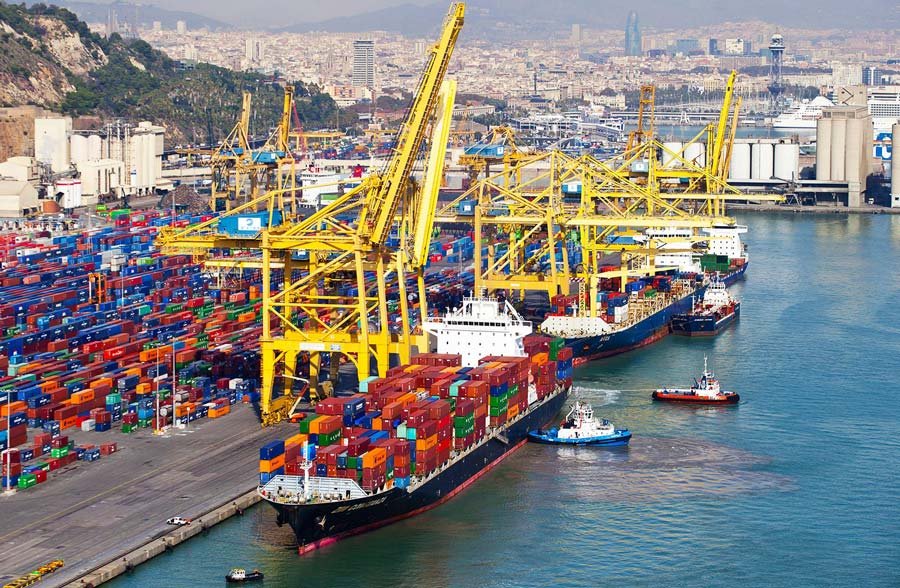
Valenciaport to inject $1.5bln into the new low-emission terminal: The Port Authority of Valencia (PAV) has approved the construction project for the container quay of the north extension of the Port of Valencia worth around €1.56 billion ($1.58 billion). As explained, the new container terminal will be in the inland waters of the breakwater of the northern extension of the Port of Valencia. PAV is preparing to launch a tender for the works, which will involve a public investment of €542.7 million by Valenciaport. Valenciaport technicians are already working to comply with each, and every one of the 21 observations and conditions made by the Directorate General for Coasts in its favorable report on Compatibility with the Marine Strategy on the construction project.
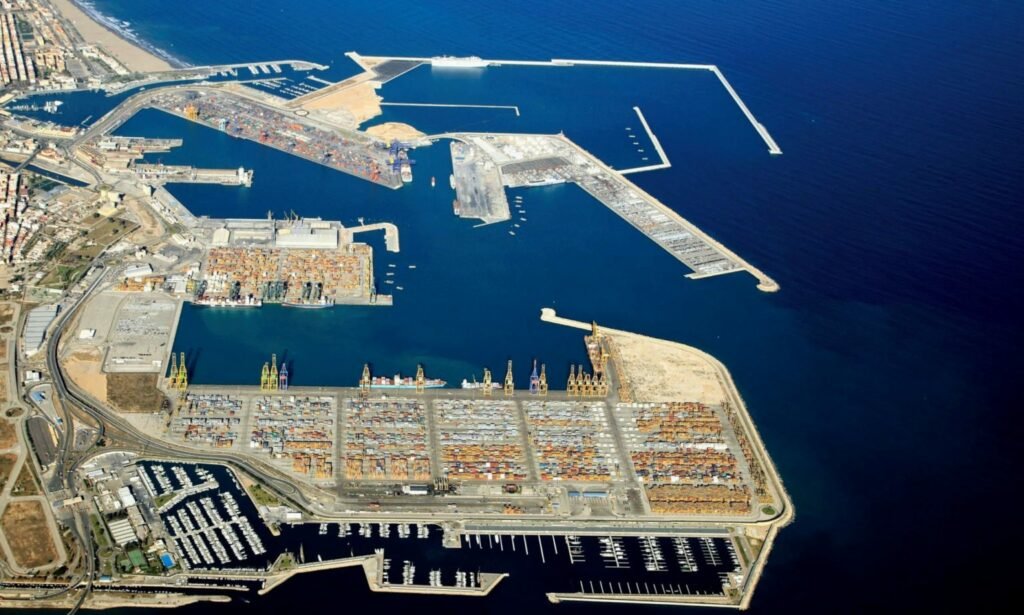
Singapore invites proposals for low or zero-carbon power generation and bunkering solutions: The Energy Market Authority (EMA) and the Maritime and Port Authority of Singapore (MPA) have opened a call for expression of interest (EOI) to develop low or zero-carbon power generation and bunkering solutions. Following the launch of the National Hydrogen Strategy at Singapore International Energy Week 2022, Singapore is now inviting interested parties to submit proposals under the EOI to build, own and operate low or zero-carbon power generation and bunkering solutions in Jurong Island, Singapore.
Low or zero-carbon hydrogen is said to have the potential to support Singapore’s decarbonization efforts and achieve net-zero emissions by 2050. EOI aims to explore the use of low or zero-carbon fuels such as hydrogen and ammonia for power generation, alongside other low-carbon alternatives such as electricity imports and domestic renewable energy sources. According to MPA, ammonia is currently one of the most technologically ready hydrogen carriers with an established international supply chain for industrial use and this EOI will enable Singapore to assess the viability of such projects, and support the development of the safety standards, regulations and ecosystem needed. Interested parties can submit their proposals by 30 April 2023.
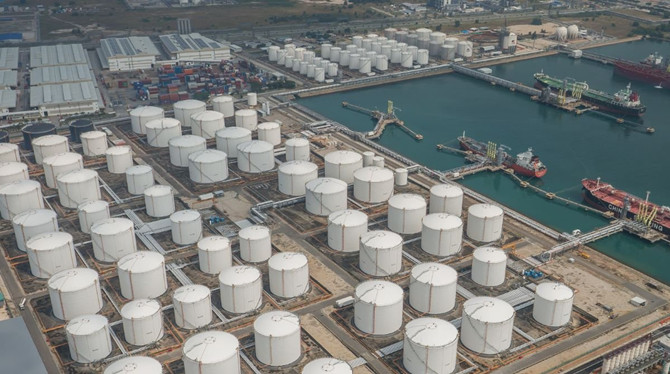
Port of Rotterdam ups the green transition tempo with a new initiative: The Port of Rotterdam has launched ‘Switch to Zero’ campaign to promote the usage of sustainable fuels and encourage the industry to make a concrete contribution to reducing carbon emissions. For this purpose, the port authority has joined forces with GoodShipping, which empowers corporations to decarbonize ocean freight and accelerate sustainable shipping. The partners are now conducting a joint campaign to inform companies of this concept so they can have part, or all of their sea freight transported via sustainable fuel.
Ports of Belledune and Hamburg join forces on clean fuels and sustainable energy: The Belledune Port Authority (BPA) has signed a Memorandum of Understanding (MOU) with Germany’s largest seaport, the Port of Hamburg, to collaborate on clean fuels and green products. As ifoinformedhe partners will work on the movement of dry and liquid bulk commodities, and manufactured products, between Canada and Germany. Furthermore, the ports will form a relationship that will foster collaboration to support the emerging needs of Canada and Germany’s energy and manufacturing sectors, with a focus on the production, storage, shipment of cleaner fuels such as green ammonia, hydrogen, biomass, and renewable natural gas. In August, the Belledune Port Authority (BPA) also signed an MoU with Niedersachsen Ports, Wilhelmshaven, Germany.
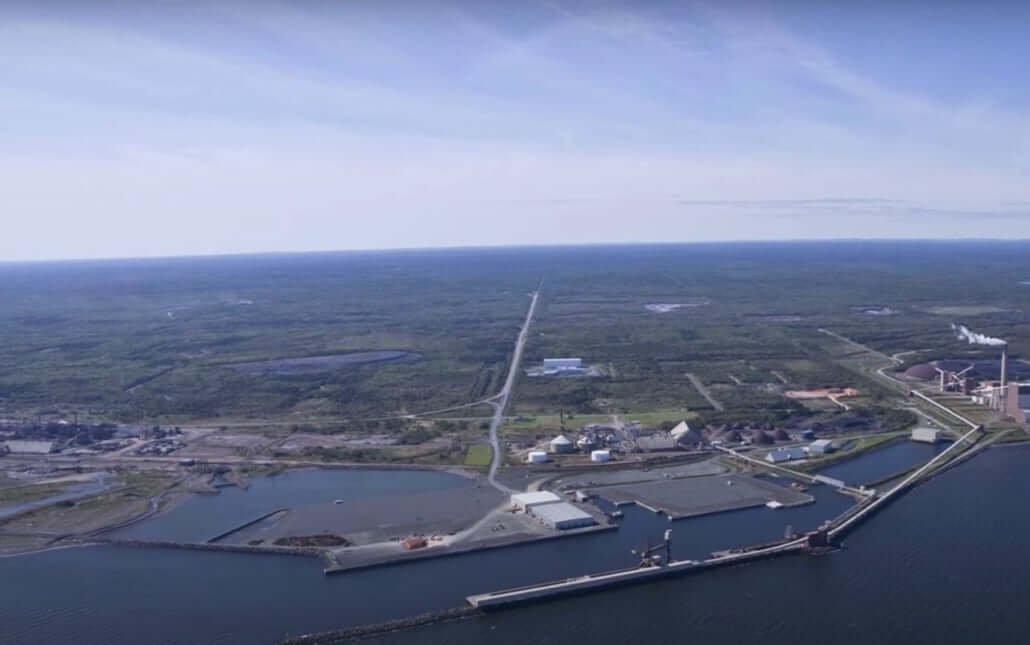
The opinions expressed herein are the author's and not necessarily those of The Xinde Marine News.
Please Contact Us at:
media@xindemarine.com

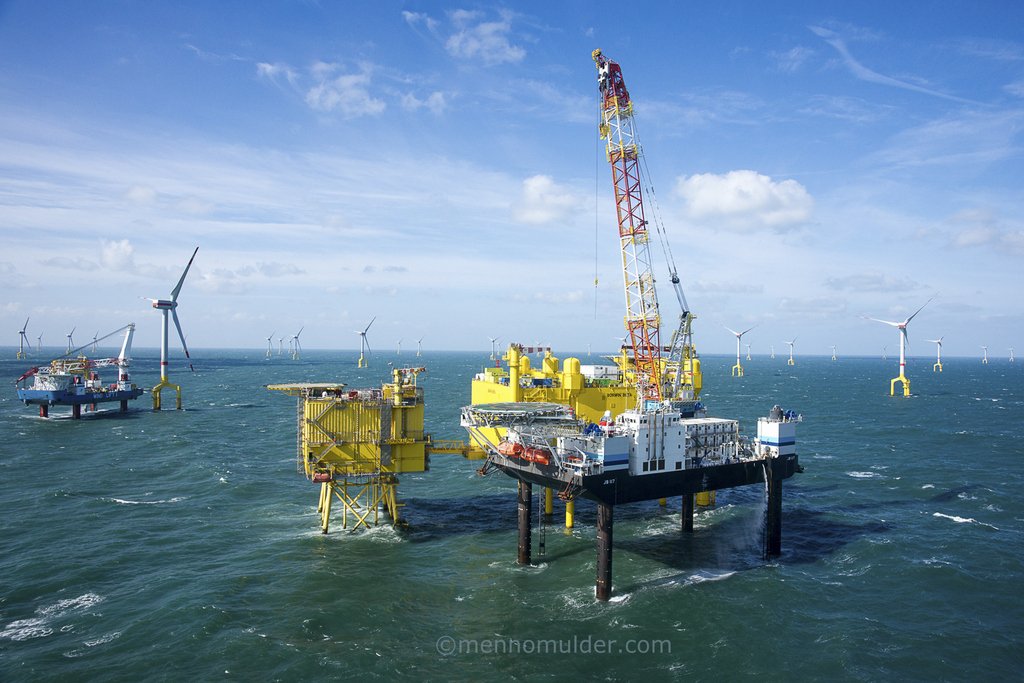
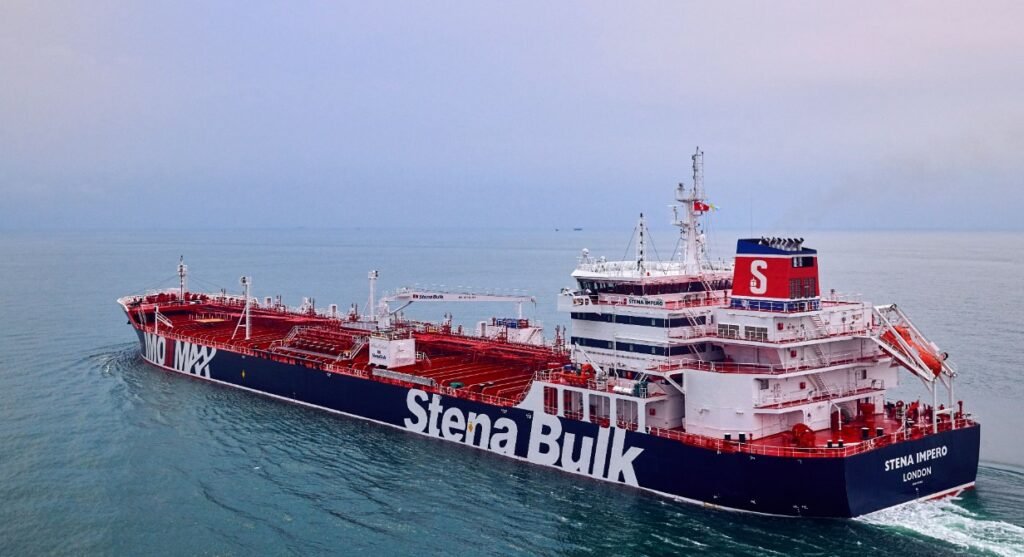
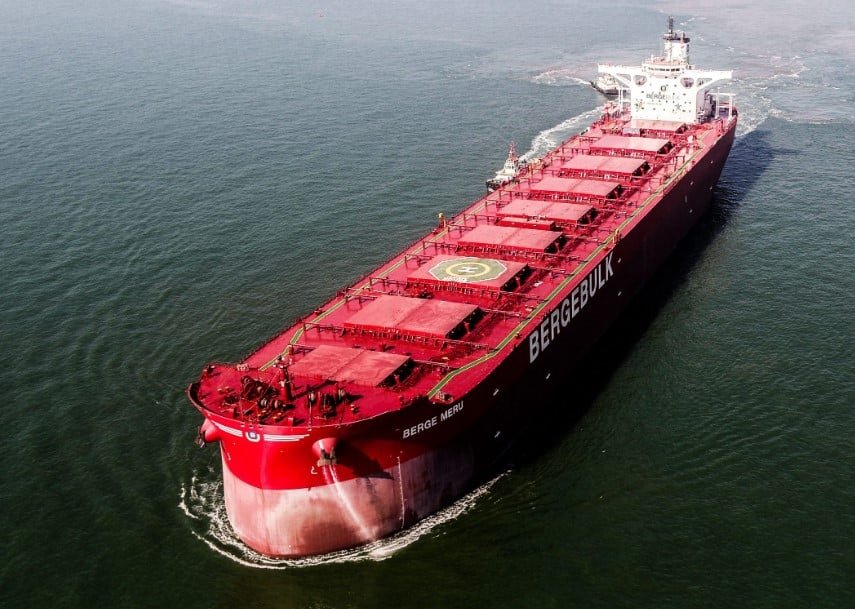
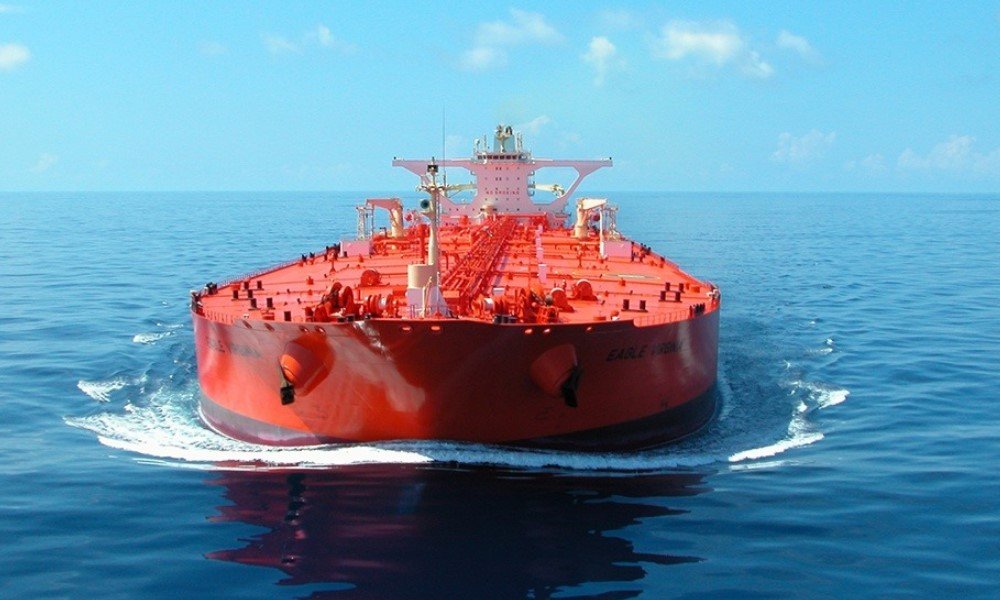
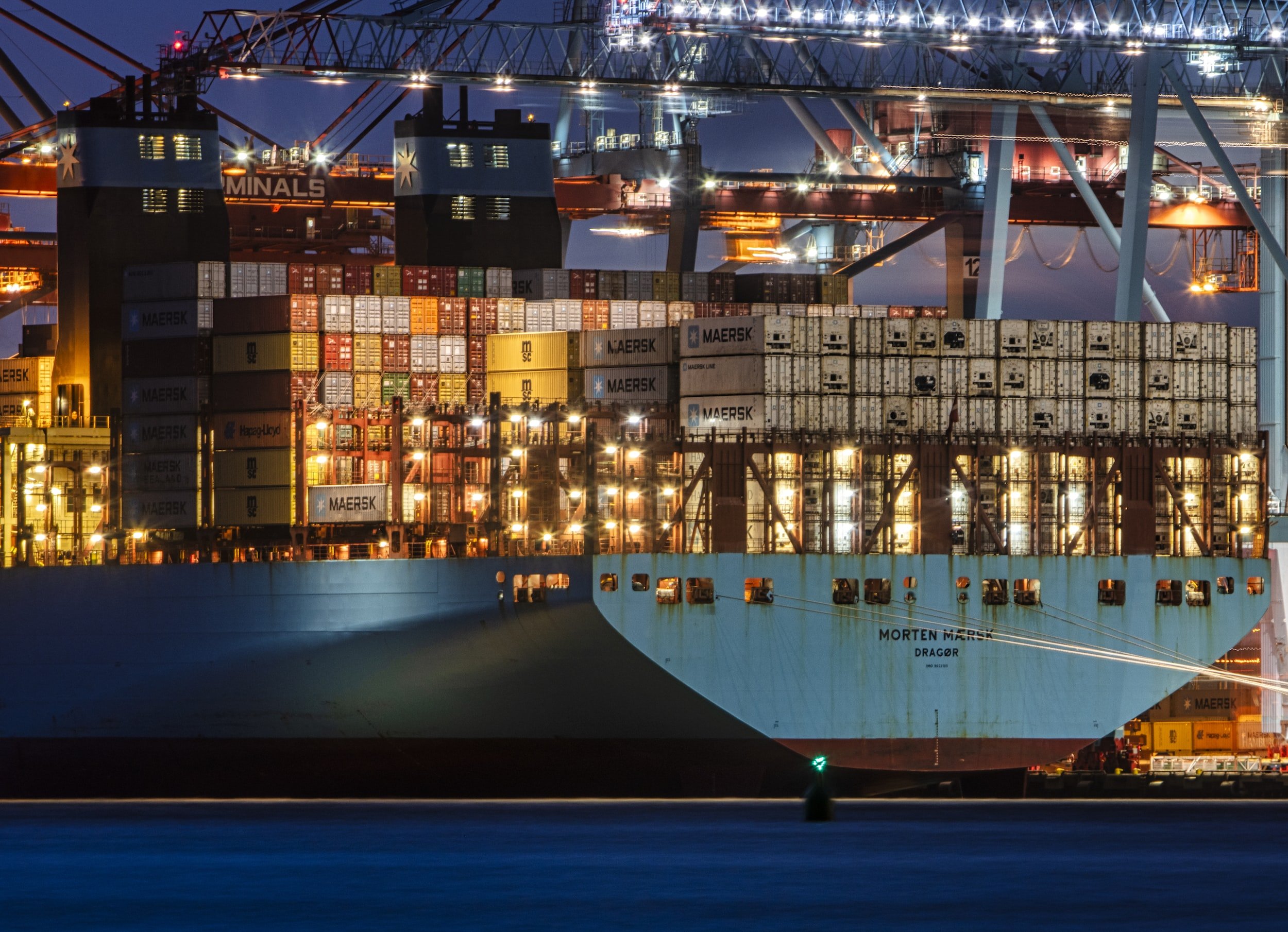
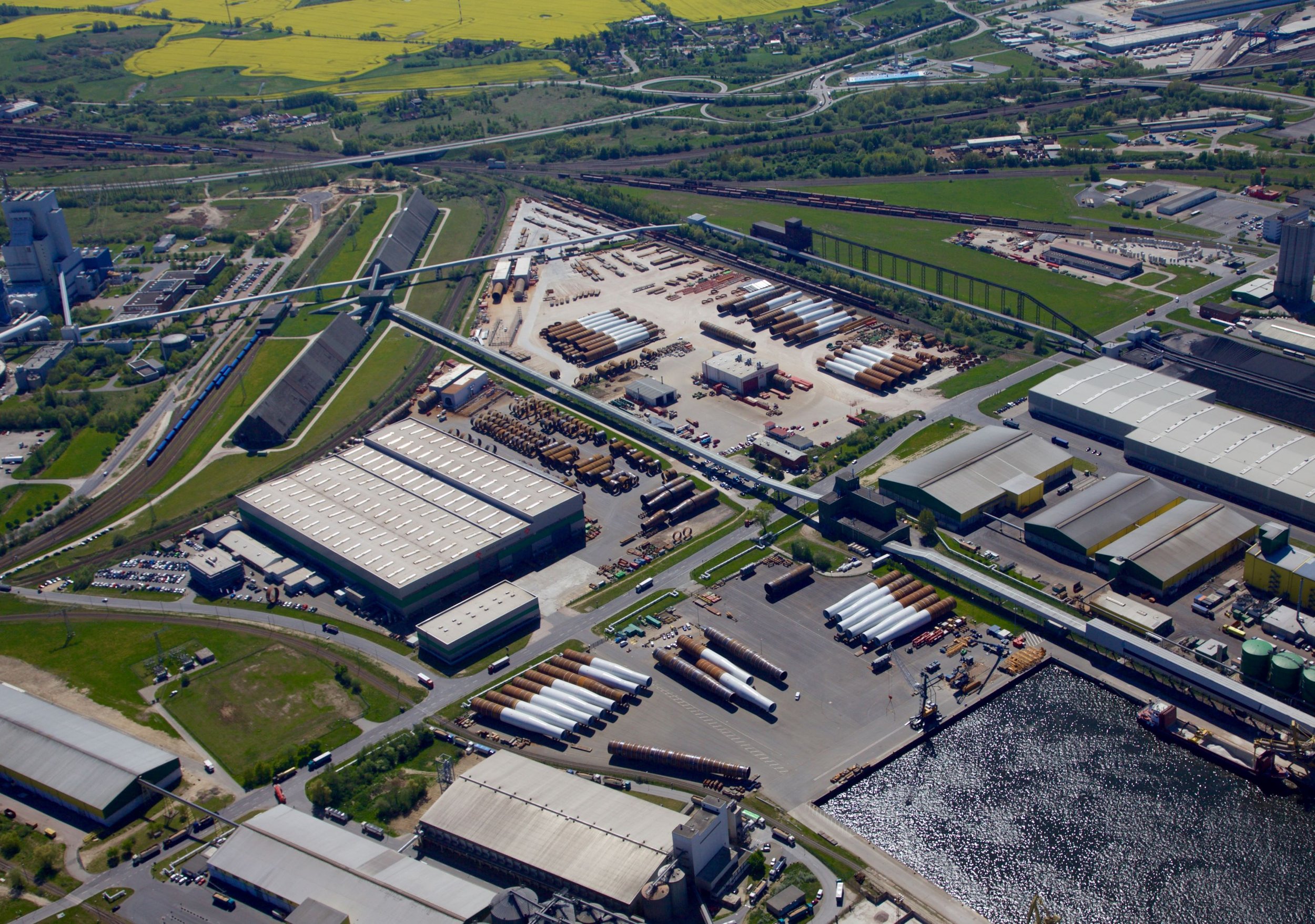
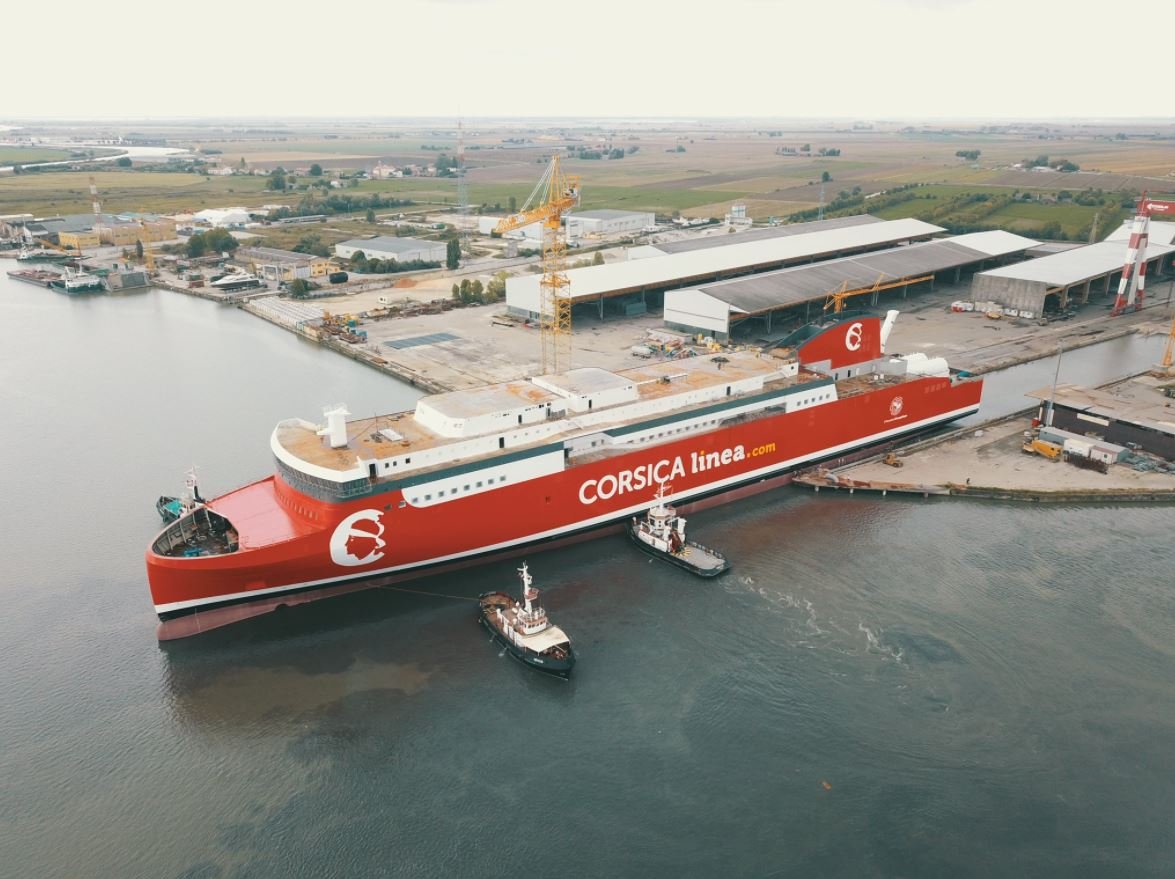
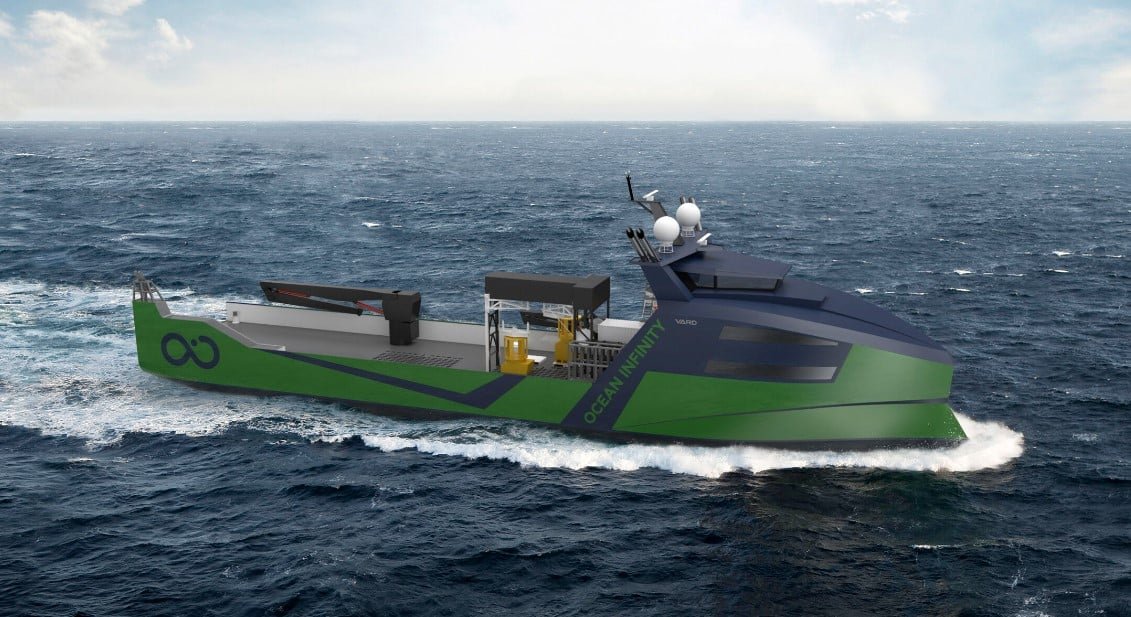








 Ningbo Containerized Freight Index Weekly Commentar
Ningbo Containerized Freight Index Weekly Commentar  Ningbo Containerized Freight Index Weekly Commentar
Ningbo Containerized Freight Index Weekly Commentar  Ningbo Containerized Freight Index Weekly Commentar
Ningbo Containerized Freight Index Weekly Commentar  BIMCO Shipping Number of the Week: Bulker newbuildi
BIMCO Shipping Number of the Week: Bulker newbuildi  Ningbo Containerized Freight Index Weekly Commentar
Ningbo Containerized Freight Index Weekly Commentar  Ningbo Containerized Freight Index Weekly Commentar
Ningbo Containerized Freight Index Weekly Commentar